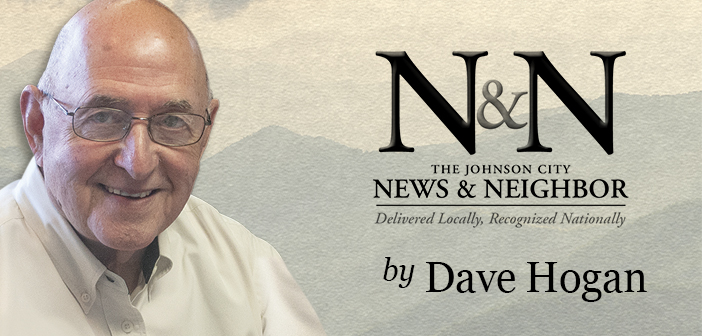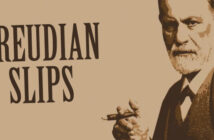“Oh come, angel band
Come and around me stand
Bear me away on your snowy wings
To my immortal home”
When my father died in 1997, my five siblings and I gathered by his bedside during his final hour, held hands, and softly sang “Angel Band.” This was our way of saying goodbye and, hopefully, bringing him some comfort.
Other than death itself, the saddest consequence of COVID-19 is the thousands of people who, because of visitation limitations, have been unable to say goodbye to their spouse, loved one, or friend.
We’re all having our own unique experiences during the pandemic. Governor Cooper’s recent stay-at-home order didn’t affect Margo and me as much as many of our friends and family members. We both have hobbies and interests that keep us occupied.
I’ve had a lifelong love of reading and, a few years ago, I decided I would read, in no particular order, a biography of each of our presidents. If I count correctly, I have 13 to go, having just finished Calvin Coolidge’s bio, which was far more interesting than I expected. Did you know President Coolidge signed the 1926 bill creating our Great Smoky Mountains National Park? To my knowledge, nothing in the park is named for him. Don’t you think that at least a footbridge or walking trail should be named for Silent Cal?
A recent issue of National Geographic contained a great read about George Washington’s battle with a deadly smallpox outbreak that threatened to wipe out the Continental Army. Despite political opposition, Washington embraced science-based medicine. His first move was to immediately isolate anyone suspected of infection. Over the objection of the Continental Congress, he ordered all troops inoculated against the virus. The procedure entailed making a small incision then inserting a dose of live virus. Thus, George Washington ushered in our young country’s first public health policy.
Another of my stay-at-home reads was the autobiography of the great hymn composer Fanny Crosby, who became blind shortly after birth. In the 1800s, she wrote thousands of hymns, many of which are still sung today: “Blessed Assurance,” “I Am Thine, Oh Lord,” “Pass Me Not, Oh Gentle Savior,” “Rescuing the Perishing,” to mention a few. As I learned from her autobiography, she also wrote over a thousand secular poems and at least five cantatas.
In her book, Crosby describes the fear that gripped the United States and the world during the cholera pandemic in 1848–49, one of several in the 1800s that took millions of lives worldwide.
Fast-forwarding to the 1900s, the Spanish influenza pandemic happened in 1918–1920. Schools, theaters, and non-essential businesses were closed. Churches were requested to suspend services. (Most complied, but like today, some resisted.)
Another can’t-put-down read was Marc Pruitt’s mostly lighthearted memoir titled “Rascally Mountain Boy.” Marc, banjo player for the award-winning bluegrass band Balsam Range, writes of listening intently as his grandparents, Lloyd and Ethel Pruett, told stories about the Spanish flu and how it affected the mountain community where they lived. Marc is a wonderful storyteller as well as a great banjo player.
Dreaded polio outbreaks also occurred in the 1900s. Many died, and many, including Franklin D. Roosevelt, were crippled. I remember the outbreak in the 1950s. What cheering there was when the Salk polio vaccine was introduced in 1955.
Smallpox in the 1700s. Cholera in the 1800s. Influenza and polio in the 1900s. And now COVID-19 in the 2000s.
We grieve for those who’ve lost their lives to COVID-19. We feel for those who have been infected yet survived (including my best friend). We hurt for the many who are suffering economically because of the virus.
But as the large block letters on a storefront near my home says: THIS TOO SHALL PASS.
After 57 years in the radio industry, Dave Hogan is enjoying his retirement in North Carolina. He’d love for you to say ‘howdy’ to him via email: davealtonhogan@gmail.com.




